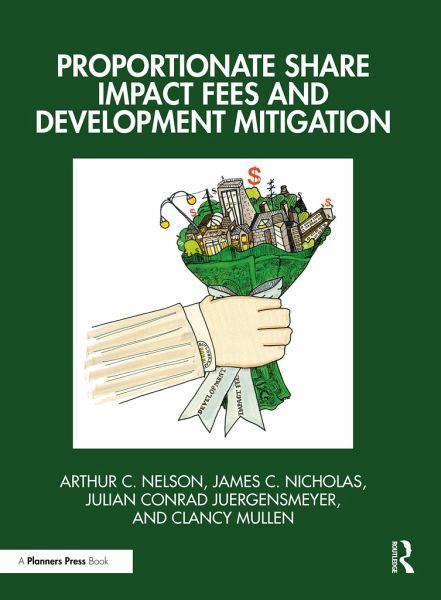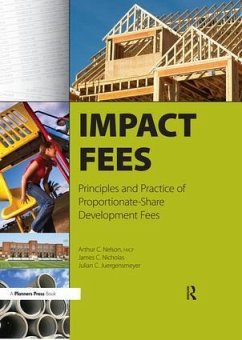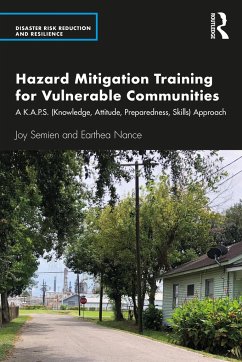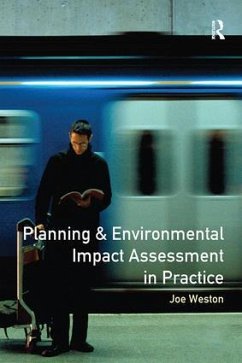
Proportionate Share Impact Fees and Development Mitigation
Versandkostenfrei!
Versandfertig in 1-2 Wochen
60,99 €
inkl. MwSt.
Weitere Ausgaben:

PAYBACK Punkte
30 °P sammeln!
After decades of evolving practice often tested in court, development impact fees have become institutionalized in the American planning and local government finance systems. But, they remain contentious, especially as they continue to evolve. This book is the third in a series of impact fee guidebooks for practitioners, following A Practitioner's Guide to Development Impact Fees and Impact Fees: Proportionate Share Development Fees. Proportionate Share Impact Fees and Development Mitigation is the culmination of the authors' careers devoted to pioneering applications of the dual rational nexu...
After decades of evolving practice often tested in court, development impact fees have become institutionalized in the American planning and local government finance systems. But, they remain contentious, especially as they continue to evolve. This book is the third in a series of impact fee guidebooks for practitioners, following A Practitioner's Guide to Development Impact Fees and Impact Fees: Proportionate Share Development Fees. Proportionate Share Impact Fees and Development Mitigation is the culmination of the authors' careers devoted to pioneering applications of the dual rational nexus test. That test requires (1) establishing the rational nexus between the need for infrastructure, broadly defined, to mitigate the impacts of development and (2) ensuring that development mitigating its infrastructure impacts benefits proportionately. The book elevates professional practice in two ways. First, it shows how the rational nexus test can be applied to all forms of development infrastructure impact mitigation. Second, it establishes the link between professional ethics and equity as applied to proportionate share impact fees and development mitigation. The book is divided into four parts, with the first reviewing policy and legal foundations, the second detailing the planning, calculation, and implementation requirements, the third exploring economic, ethical, and equity implications, and the fourth presenting state-of-the-art case studies. Proportionate Share Impact Fees and Development Mitigation sets new standards for professional practice.














